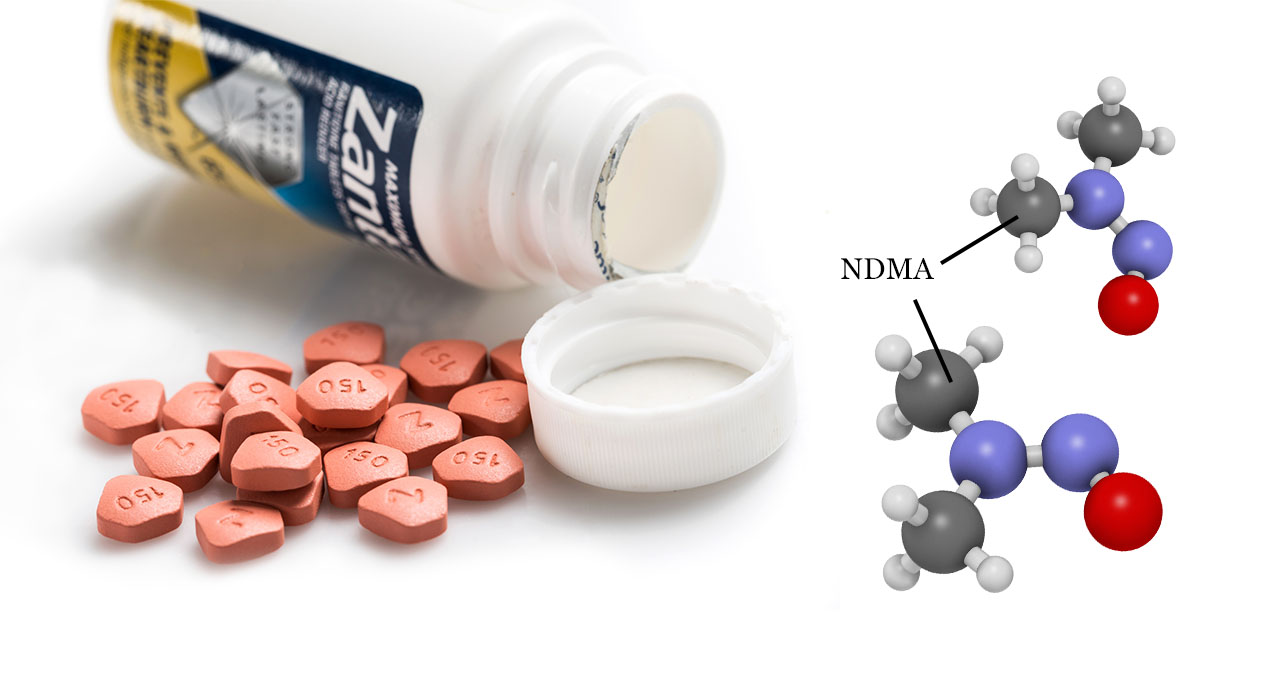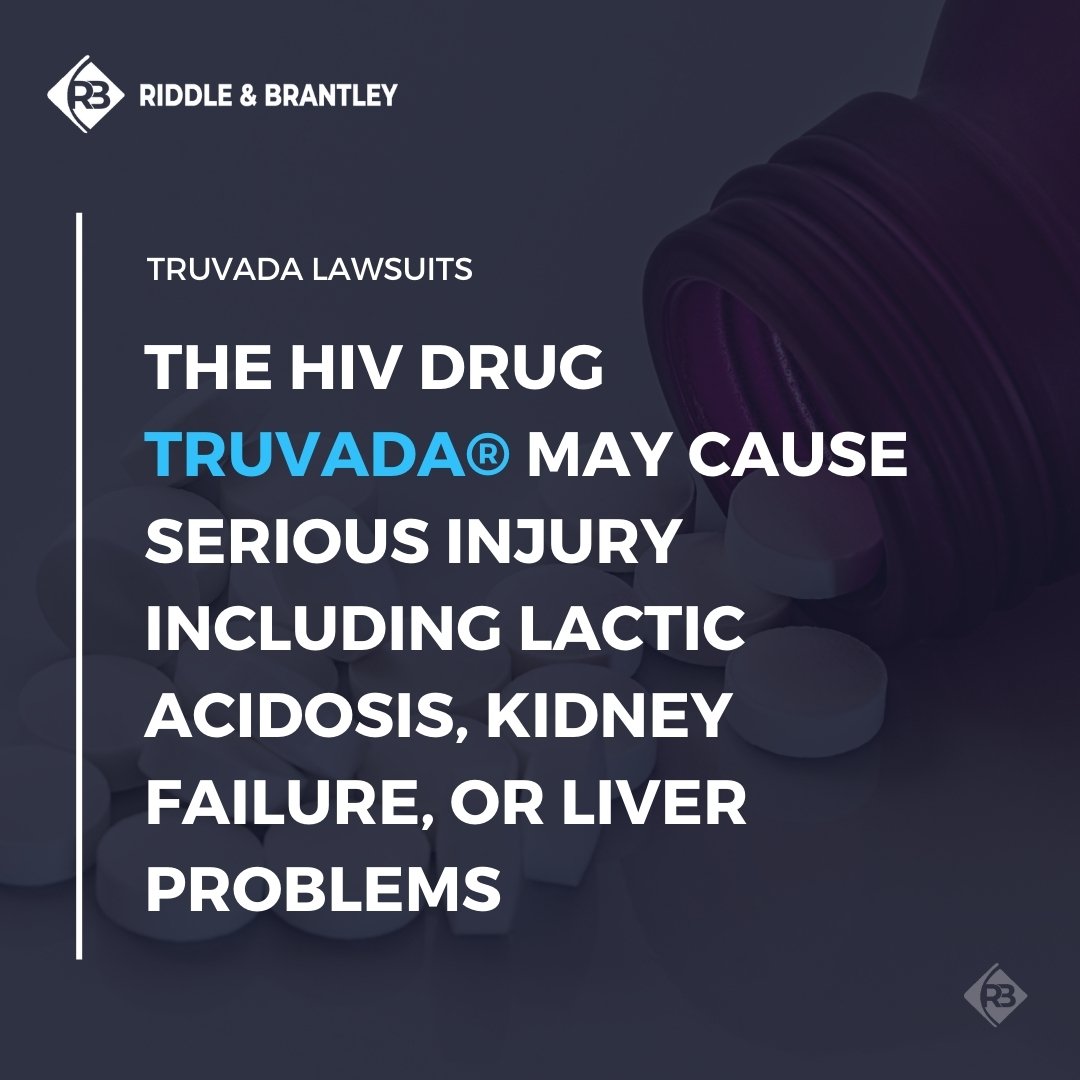The Trulicity Lawsuit Landscape: What You Need to Know
The Trulicity Lawsuit Landscape: What You Need to Know
Blog Article
Comprehending Your Legal Legal Right in a Dangerous Medicine Claim
In the world of pharmaceuticals, navigating the complexities of a dangerous drug claim can be discouraging. From determining the legal basis for filing a suit to considering the choices in between a class action and a specific case, there are critical considerations to be made.
Lawful Basis for Suits
Discovering the legal grounds for pursuing a hazardous medication claim calls for an extensive understanding of appropriate laws and criteria. When thinking about lawful action versus a pharmaceutical firm for a hazardous drug, one need to develop that the medicine concerned posed unreasonable dangers that were not appropriately disclosed to customers. This generally involves demonstrating that the medication maker fell short to warn about understood threats, misstated the drug's safety and security or effectiveness, or involved in fraudulent advertising and marketing methods.
To be successful in a hazardous drug legal action, complainants usually rely on lawful concepts such as oversight, rigorous responsibility, or violation of guarantee. Neglect insurance claims suggest that the producer did not exercise reasonable treatment in ensuring the safety and security of the medication. Rigorous responsibility holds the maker responsible for any type of flaws in the item, despite intent or negligence. Violation of service warranty insurance claims assert that the supplier fell short to maintain guarantees or guarantees concerning the medication's safety or effectiveness.
Sorts Of Compensatory Problems
Compensatory problems in a harmful medicine claim include financial restitution granted to plaintiffs to compensate for losses sustained due to the harm triggered by the drug. These damages are created to make the victim whole once more, both economically and non-economically. There are 2 main types of countervailing problems that may be awarded in a hazardous medication legal action: non-economic problems and economic damages.

Both non-economic and economic countervailing problems play a crucial duty in ensuring that people hurt by unsafe medications obtain suitable payment for their losses.
Law of Limitations
Missing the law of restrictions target date can have significant effects, as it might lead to the case being disregarded by the court. When the statute of constraints has run out, the plaintiff might shed the right to look for lawful recourse versus the event in charge of the damage brought on by the dangerous medication. It is essential for individuals thinking about a harmful medicine lawsuit to seek advice from with a qualified lawyer quickly to conform link and understand with the applicable law of limitations in their case.
Course Action Vs. Individual Claims
Given the differing statute of constraints in dangerous medication suits, individuals need to meticulously weigh the decision between going after a class action or an individual claim. Class action suits involve a group of complainants jointly filing a claim against an offender, typically a pharmaceutical business, for the exact same problem - in this situation, damage triggered by a hazardous medication.
Private lawsuits can be much more taxing, expensive, and may result in reduced compensation compared to an effective class action legal action. Eventually, the decision in between a class activity and a private lawsuit must be based on the person's circumstances, preferred degree of participation, and the legal recommendations received.
Looking For Lawful Advice
In browsing the intricacies of a hazardous medicine legal action, safeguarding experienced lawful advice is extremely important for ensuring a enlightened and solid lawful method. When looking for lawful advice for a dangerous medication lawsuit, it is necessary to find a regulation company or lawyer with experience in pharmaceutical litigation. These cases frequently entail complex medical and scientific information, calling for an attorney that recognizes both the legal aspects and the clinical nuances associated with such legal actions.
Professional legal advise can assist individuals recognize their legal rights, evaluate the toughness of their instance, and navigate the complex legal treatments connected with harmful medication legal actions. Furthermore, a skilled attorney can provide support on whether to pursue a specific suit or sign up with a class-action suit, based upon the particular conditions of the situation.
Moreover, legal advise can help in gathering proof, preparing legal records, bargaining with pharmaceutical firms or their lawful agents, and representing customers in court if the situation goes to trial. By getting the support of knowledgeable lawyers, people can enhance their possibilities of attaining a beneficial result in Read More Here a harmful medicine suit.

Conclusion
In final thought, comprehending your legal rights in a harmful medication suit is vital in seeking compensation for any harm created. Understanding the lawful basis for suits, sorts of countervailing problems offered, statute of constraints, and the distinction between course action and individual legal actions can aid individuals navigate the legal procedure efficiently. Looking for lawful advice is important in guaranteeing your legal rights are safeguarded and advocating for the settlement you are entitled to.
Countervailing damages in an unsafe medicine suit encompass monetary restitution granted to plaintiffs to make up for losses incurred due to the damage caused by the medicine.The statute of constraints in a harmful medicine claim establishes the timeframe within which a plaintiff have to file a lawful insurance claim versus the liable celebration for the harm created by the medication.Offered the varying statute of constraints in dangerous medication claims, individuals need to carefully weigh the decision between pursuing a class action or an individual suit. Individual suits can be more lengthy, pricey, and might result in lower compensation compared to a successful class activity legal action. Knowing the lawful basis for legal actions, types of offsetting problems available, you can try these out statute of restrictions, and the distinction in between course action and specific lawsuits can help people browse the lawful process successfully.
Report this page